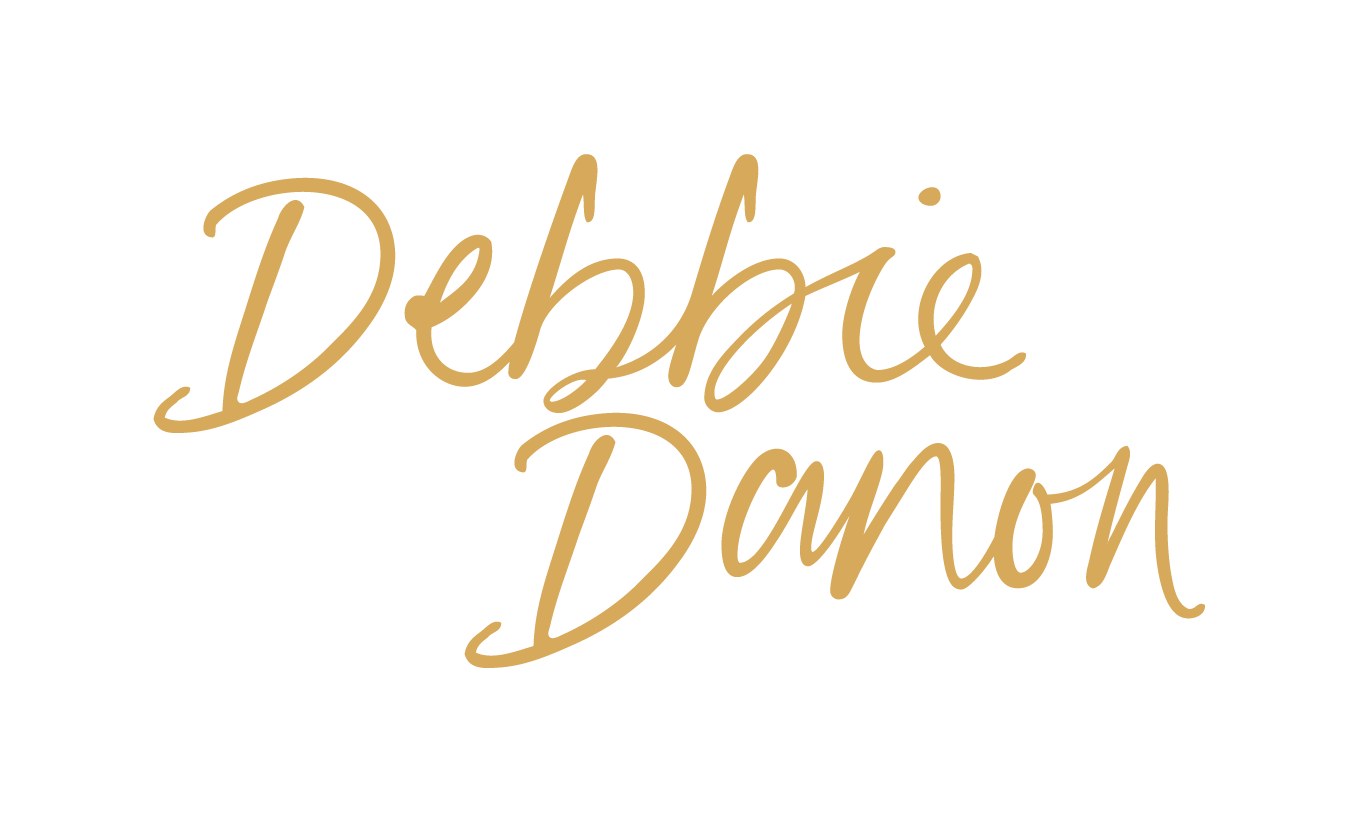No More Normal: Grief & Growth in Baby Loss Awareness Month
‘When will things go back to normal?’
It’s a question that’s punctuated the last 18 months, since the surreal days in early 2020 when our sense of normality was pulled from underneath us.
It’s a question that circles around now as we tentatively explore more in-person living after lockdown.
For me, it’s a question that is deeply rooted in my days struggling with miscarriage and baby loss.
It makes me wonder about those who have suffered with these devastating losses during COVID times, with limited medical support and increased isolation. How much more shocking that loss of ‘normal’ must have been.
Given that a quarter of pregnancies end in miscarriage, in a way baby loss is normal, to be expected. But going through the experience feels anything but. Womens’ experience of bereavement around baby loss, as well as their birth partners’, is still abnormalised. And we can find ourselves asking endlessly - ‘What’s wrong with me?’ ‘Will I ever feel normal again?’
My first pregnancy in 2017 filled me and my partner with hope and excitement. We called our little one ‘Arby’, short for ‘Our Baby.’ When I started bleeding suddenly and painful one Monday morning and rushed to hospital, we learned that I had had a missed miscarriage at 11 weeks. After the initial miscarriage there were further complications that lasted months.
Still recovering from PTSD, I became pregnant again in 2018 and began to embrace hope. We called our second baby ‘Bamba’, since we saw them at a reassurance scan at 10 weeks, the size of our favourite peanut snack.
It was not to be.
We learned at 18 weeks that Bamba had severe spina biffida, which meant they would likely not survive to term. I had a termination for medical reasons, which was both the biggest decision of my life and no decision at all. The medical trauma I experienced on the ward left me shellshocked as I grieved.
I became terrified that I would never have a living child, and that if I did, my hospital experience would be too much torture to bear.
As I wiped my tears to deliver training, as I struggled to muster four hours’ work a day, as I declined invitations to see pregnant or newly parenting friends, the question rang through me with a terrible tyranny…
‘When will things get back to normal?’
‘When will I be back to normal again?’
‘If I’ll never be normal again… what will I be?’
The answer is of course, with pandemics and losses and tragedies of all kinds, that there is no going back.
There is grieving fully, and then there is building anew on the ruins.
Although I wasn’t ready to hear it from my baby loss counsellor at incredible charity Petals at the start, I soon discovered that there are indeed treasures in the ashes.
There is eventually life and beauty and comfort and dancing and joy after loss…
Even if there is No More Normal.
Who I am now.
I have written and spoken publicly a great deal about my experience of baby loss. It has been one of the most formative crucible experiences of my life.
It taught me to set boundaries, and to adopt daily practices of courage and gratitude that became part of me over time.
I slowly accepted that I needed to grieve fully, rather than push through or keep wishing for normality. This was a bereavement. Grieving takes time and energy and knows no schedule.
I sought specialist counselling, and practiced techniques to take the mental pressure off myself so I could recover. A real skill for life for a high achiever!
I found myself a crew of co-conspirators, women who’d been through their own losses, and people of all genders with the compassion to be with my suffering, rather than bluster it away.
It has made me unshockable. I learned to turn towards suffering that none of us chooses, but awaits us all in one form or another.
And now as an Integral Development Coach, I support others who are processing grief and loss. I am able to ‘stay in’ and not turn away.
I can now say that my babies are still with me everyday, alongside my living daughter Esli. The pain and the love ebb and flows, forever a part of me.
So I have learned not to let other people’s squeamishness about loss stop me from sharing what they mean to me.
This is who I am now. I am Arby and Bamba’s mother.
Some comfort from Sugar.
This year, to mark Baby Loss Awareness month, I feel called to share the compassionate words of someone who comforted me no end during that bleak time.
My dear friend Abi put me onto the Dear Sugars podcast while I was grieving. Wild author Cheryl Strayed together with fellow writer Steve Almond would answer letters as a compassionate, life-affirming, sweary agony-aunt-and-uncle duo. I would often go to sleep soothed by their voices. I went on to devour their column on The Rumpus too.
I’ll never forget reading with tears in my eyes Cheryl’s heartbreakingly compassionate response to a woman, Stuck, who was suffering deeply after miscarriage and wondering how to get unstuck.
I hadn’t written the letter, but I was Stuck. I felt as if Sugar was writing straight to me. What sweet relief it was to be witnessed in this way.
You can read both letters in full here.
I offer you this in honour of Baby Loss Awareness Month.
I offer it to the part in you that is wishing for a ‘normal’ that - I’m so sorry - is not coming back.
I offer it to the part of you that can be a compassionate harbour for someone who is tossed on the sea of ‘Not-normal.’
There is so little we can do in the face of unspeakable loss. But if you can bring Sugar-like compassion to yourself and to others, that might just be all there is to do…
‘Don’t listen to those people who suggest you should be “over” your daughter’s death by now. The people who squawk the loudest about such things have almost never had to get over any thing. Or at least not any thing that was genuinely, mind-fuckingly, soul-crushingly life altering. Some of those people believe they’re being helpful by minimizing your pain.
Others are scared of the intensity of your loss and so they use their words to push your grief away. Many of those people love you and are worthy of your love, but they are not the people who will be helpful to you when it comes to healing the pain of your daughter’s death.
They live on Planet Earth. You live on Planet My Baby Died.
It seems to me that you feel like you’re all alone there. You aren’t. There are women reading this right now who have tears in their eyes. There are women who have spent their days chanting daughter, daughter or son, son silently to themselves. Women who have been privately tormented about the things they did or didn’t do that they fear caused the deaths of their babies.
You need to find those women, darling. They’re your tribe.
I know because I’ve lived on a few planets that aren’t Planet Earth myself.
The healing power of even the most microscopic exchange with someone who knows in a flash precisely what you’re talking about because she experienced that thing too cannot be over-estimated.
Call your local hospitals and birth centers and inquire about support groups for people who’ve lost babies at or before or shortly after birth. Read Elizabeth McCracken’s memoir ‘An Exact Replica of a Figment of My Imagination.’ Find online communities where you can have conversations with people during which you don’t have to pretend a thing.
And stop pretending with your sweet boyfriend too. Tell him you’d like to punch him in the head and explain to him precisely why. Ask him what he has to say about the death of your daughter and do your very best to listen to his experience without comparing it to your own. I think you should see a therapist—both alone and with your boyfriend—and I strongly encourage you to call and make an appointment today. A therapist will help you air and examine the complex grief you’re holding so tightly inside of you and he or she will also help you manage your (probably situational) depression.
This is how you get unstuck, Stuck.
You reach.
Not so you can walk away from the daughter you loved, but so you can live the life that is yours—the one that includes the sad loss of your daughter, but is not arrested by it. The one that eventually leads you to a place in which you not only grieve her, but also feel lucky to have had the privilege of loving her.
That place of true healing is a fierce place. It’s a giant place. It’s a place of monstrous beauty and endless dark and glimmering light. And you have to work really, really, really fucking hard to get there, but you can do it, honey.
You’re a woman who can travel that far. I know it.
Your ability to get there is evident to me in every word of your bright shining grief star of a letter.
- Cheryl Strayed / Sugar
Resources
Here are some resources that helped me to recover and grieve my babies fully. Please share them with those who need them.
Petals the Baby Loss Counselling Charity, UK
The Miscarriage Association, UK
Tommy’s Pregnancy Loss Charity, UK
Pink Elephants Support Group, Australia-based with active Facebook groups for Miscarriage, Stillbirth, Conception after Loss and Pregnancy after Loss
How to support a miscarriage survivor
Modern Loss - Miscarriage & Stillbirth
* * *
If you are exhausted from the upheaval and loss of COVID times…
If you are struggling to integrate loss in your life…
If you are ready to turn towards life after loss...
…I’d love to set up a Possibility Call. Let’s explore how we might work together.




